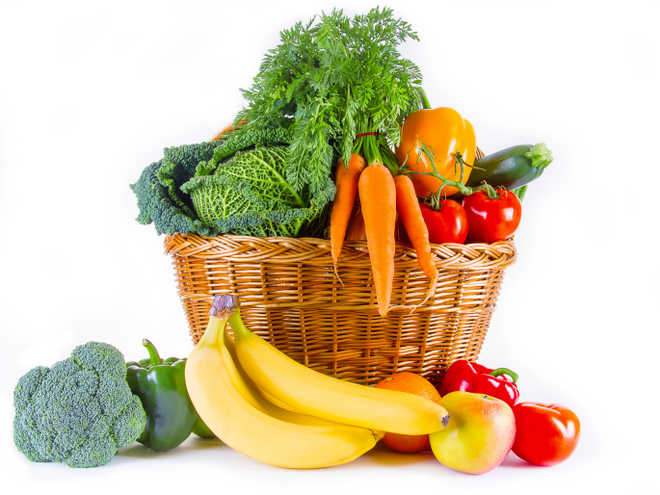
London, February 7
Social media users are more likely to eat fruits and vegetables—or snack on junk food—if they think their friends do the same, according to a new study which may lead to new ways of nudging people towards a healthy diet.
Researchers, including those from Aston University in the UK, asked 369 university students to estimate the amount of fruit, vegetables, ‘energy-dense snacks’, and sugary drinks their Facebook peers consumed on a daily basis.
They cross-referenced this information with the participants’ own actual eating habits, and showed that those who felt their social circles ‘approved’ of eating junk food consumed significantly more themselves.
Their study, published in the journal Appetite, also revealed that participants ate an extra fifth of a portion of fruit and vegetables themselves for every portion they thought their social media peers ate.
If participants believed their friends got their ‘five a day’ of fruits and vegetables, they were likely to eat an extra portion themselves, the scientists noted.
Based on these findings, they said, online social circles may implicitly influence people’s eating habits, with important implications for using ‘nudge’ techniques on social media to encourage healthy eating.
“This study suggests we may be influenced by our social peers more than we realise when choosing certain foods. We seem to be subconsciously accounting for how others behave when making our own food choices,” Jason Thomas, study co-author from Aston University.
“So if we believe our friends are eating plenty of fruits and vegetables we’re more likely to eat fruits and vegetables ourselves,” he added.
On the other hand, he said, if people feel they’re happy to consume lots of snacks and sugary drinks, it can give them a ‘licence to overeat’ unhealthy foods.
“The implication is that we can use social media as a tool to ‘nudge’ each other’s eating behaviour within friendship groups, and potentially use this knowledge as a tool for public health interventions,” Thomas said.
According to the researchers, the study may help shape interventions helping people adopt healthy eating habits from a young age.
They said the promotion of positive messages across social media, which are focused on promoting healthy choices and non-restrictive relationships with food and body, may nudge some people into making positive decisions around the food they consume. PTI
Join Whatsapp Channel of The Tribune for latest updates.



























